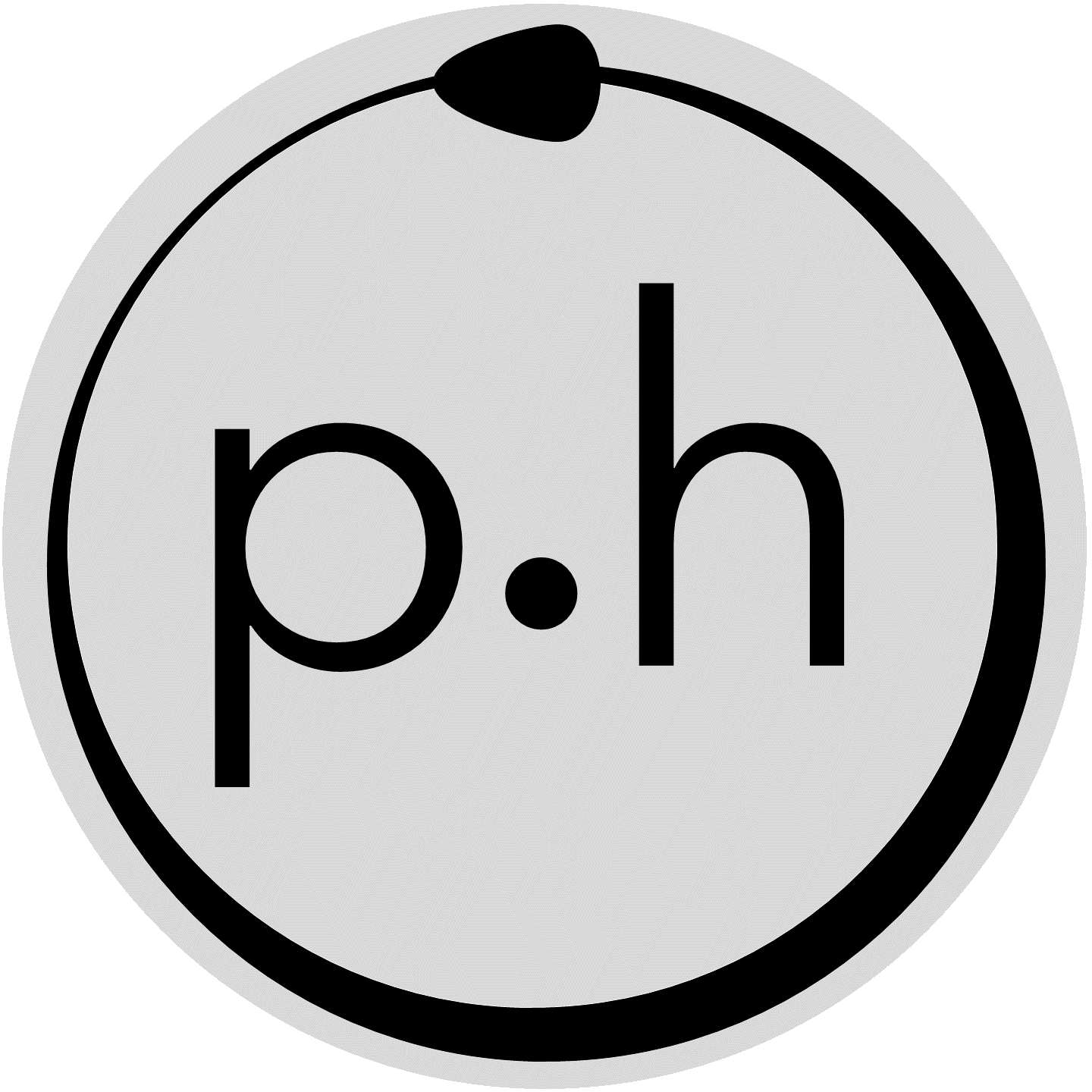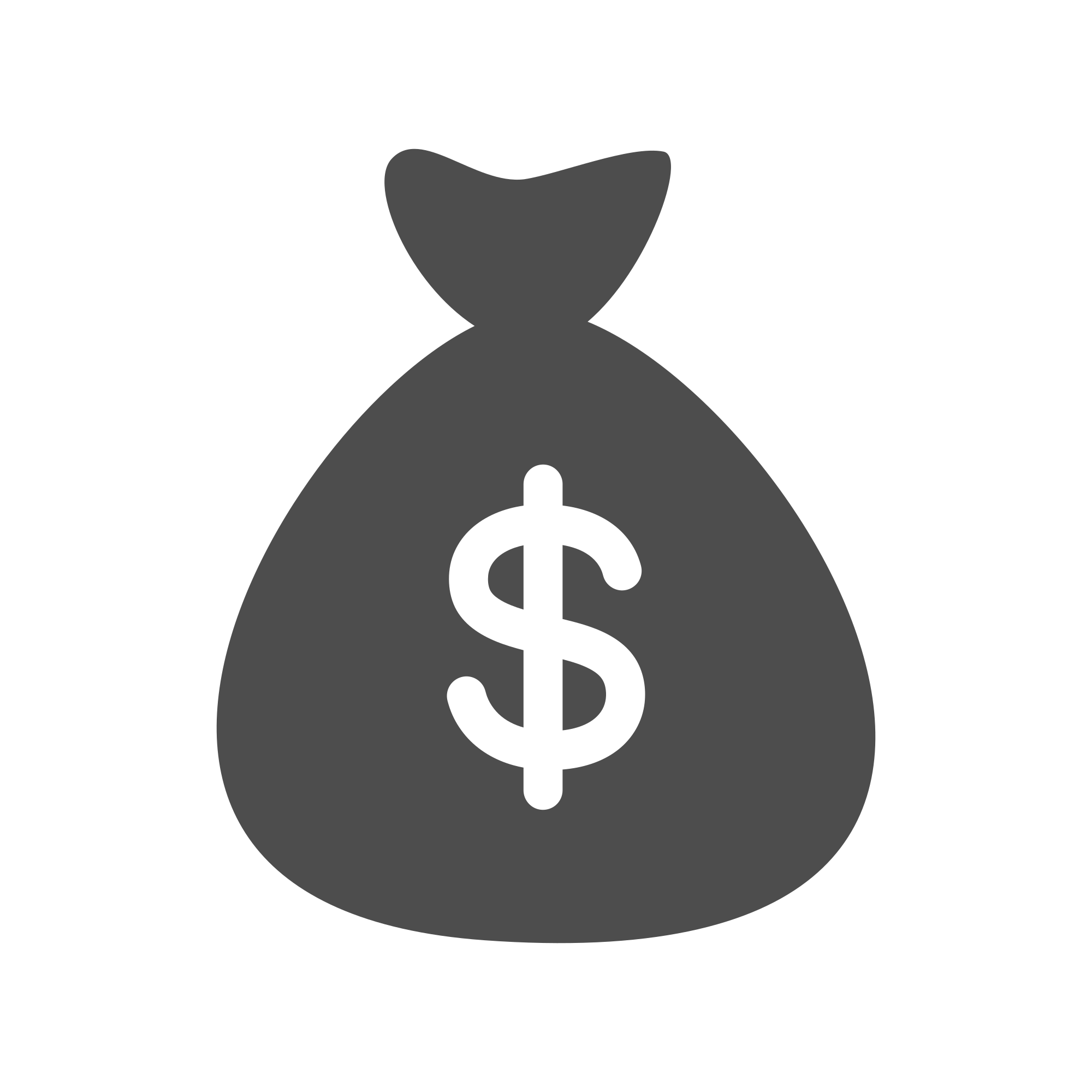Tools & Techniques
As will quickly become clear, I'm an Android user. Below I provide my perspective on specific apps but the key concepts should transfer to whatever methods/devices you are looking to use. I provide iOS tools in cases where I'm aware of a good alternative.
Submit a message at the bottom if you have anything to share!
Aggregation (Keep Track)
I use KeepTrack as my primary tool for keeping a simplified view of my data. KeepTrack is probably best categorized as a "Life Logging" application. It's essentially a glorified spreadsheet (which is perfect!) for capturing data in variety of forms - drop down list, duration, point in time marker, etc.
I push a notification every morning to remind myself to manually log my sleep, steps, and phone usage from the day before. Each evening I push a notification to log some daily goals - reading, writing, and meditation for example.
KeepTrack's flexibility makes it super easy to track lots of other metrics as well: weight, drinking, smoking, flossing, and vital signs to name a few.
iOS: Honestly doesn't look like there is a much out there with the flexibility of KeepTrack. Logsit may be a viable option but appears to be more of a to-do list app.
phone monitoring (Digital Wellbeing)
In my opinion, phone usage is one of the most important things to quantify in our modern world. It's easy to get sucked into your phone and neglect the world around you. There are several apps available to monitor overall screen time and usage of specific apps.
Digital Wellbeing is my tools of choice. It is a function default in Google Android builds and has solid controls due to its native integration.
I set app time limits for the few social media and game apps I still have on my phone. I also use the bedtime mode feature (which turns the screen black and white) during the morning and night. I set wide time range (that doesn’t actually align with my bed time) of 6pm to 10am, leaving an 8 hour window of color screen during the middle of the day.
iOS: Screen Time seems to be the best fit for iOS users.
Sleep Tracking (FITBIT Versa 2)
Sleep is another essential metric to track. I recently dropped Sleep As Android as my app of choice in favor of the Fitbit Versa 2 built-in features. The main issue with Sleep as Android is that it needs to be manually initiated each night whereas the Fitbit will capture any sleep (even if I pass out on the couch at 8:30pm).
iOS: There are a ton of sleep apps out there and I won't venture to make a guess about what the best option is.
Wearable (Fitbit versa 2)
I have used a good number of wearables: Fossil Q Venture, Jawbone, Polar A360…but I recently switched to the Fitbit versa 2. This is the most fully featured wearable I have used on Android. The sleep tracking is excellent and (importantly for me) automatic so no need to set any timers or anything.
I also use the workout tracking features pretty regularly and I am glad to finally have a watch with both active and passive heart rate monitoring.
I try to keep the notifications to a minimum and configured it to only display when I click the button on the side. I quickly found myself drawn into the touchscreen so I curbed that habit right out of the gate.
iOS: Technically the Fitbit watches will work with iOS but the Apple Watch is probably the best bet for functionality and seamless integration.
Finances (Mint)
Financial planning is a natural fit for a quantified self mindset and Mint is a one-stop shop for tracking and monitoring financial data. Mint gives you a single pane of glass for viewing essentially any aspect of you financial well being - savings accounts, credit cards, investments, property, and even cryptocurrencies. There's tons of great functionality for viewing trends and seeing where your money is going. I find that a bit of up keep is necessary to ensure that your transactions are properly categorized - 15 minutes a week or so should do the trick.
iOS: Mint it available on all major platforms (mobile and desktop).
Have a tip, trick, tool, or technique to share? Let me know what you think.






